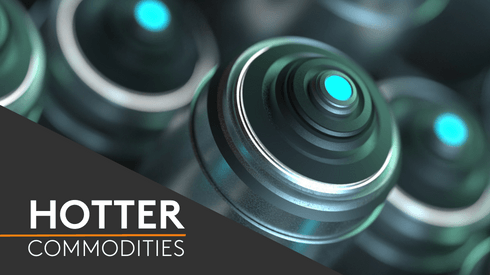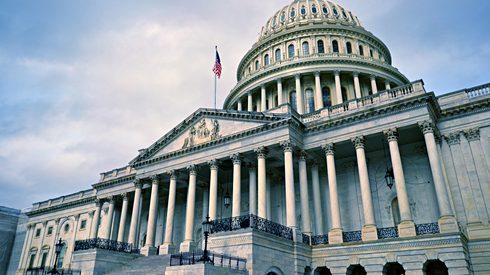With an annual capacity of 240,000 tonnes, the nickel sulfate project in the Obi Islands of Indonesia’s North Maluku province is currently the world’s biggest sulfate project.
The commissioning came at a time when nickel sulfate prices were experiencing lingering weakness after the tax break for purchasing EVs in China expired.
Fastmarkets’ weekly price assessment for nickel sulfate min 21%, max 22.5%; cobalt 10ppm max, exw China was 36,500-37,500 yuan ($5,308-5,453) per tonne on Friday, down 1.33% from 37,000-38,000 yuan per tonne on March 17.
Sulfate prices in China have fallen steadily since February 24, when the previous uptrend came to a halt.
Lygend will supply mixed hydroxide precipitate (MHP) on Obi Island to produce nickel sulfate, the company said, but market participants believed this would reduce MHP feedstock availability in the spot market.
On a payable basis, Fastmarkets’ nickel mixed hydroxide payable indicator, % London Metal Exchange, cif China, Japan, and South Korea was calculated at 70-76% on March 24, unchanged week on week, but up from 68-72% on March 10.
Fastmarkets’ weekly assessment for nickel mixed hydroxide outright price, cif China, Japan, and South Korea at $17,900-18,200 per tonne on March 24, down 1.37% from $18,000-18,600 per tonne on March 17.
Alongside a recent softening in the underlying cash nickel prices on the London Metal Exchange, several Chinese sources cited raw material supply tightness, which partly bolstered prices.
“With Lygend’s sulfate plant coming online, there’s no surprise that there’s tighter supply of raw material MHP in the spot market, though sulfate demand in China is also weakening,” said a nickel industry source in eastern China.
For years, the leading nickel product producer has been aiming to extend the vertical integration of nickel industry chains. Early in 2021, Lygend ramped up MHP production at its high-pressure acid leach (HPAL) project in Indonesia.
The total capacity for the MHP project is expected to reach 120,000 tonnes per year after fully being in operation in 2023, the company said.
Cobalt sulfate on the cards
The nickel sulfate project is the latest move to see Lygend tap the burgeoning EV supply chain in the laterite nickel ore-rich island.
Other than nickel sulfate, the nickel producer is also expecting cobalt sulfate production at Obi Island to go into production in early April, with an annual production capacity of 30,000 tonnes.
If Lygend reaches this target capacity, this would make Indonesia the second-largest cobalt producer in the world.
Both nickel and cobalt sulfate products are the key materials for precursor making, which would be used in the EV sector.
Market participants have taken a wait-and-see attitude regarding Indonesia’s cobalt sulfate production.
“Production capacity for cobalt sulfate is big, but it is hard to say how real output will be when it goes into actual production,” a cobalt sulfate consumer source said.
“As nickel sulfate is a key product in this project and cobalt sulfate the by-product, they will prioritize nickel sulfate production. They will still need time for them to start massive cobalt sulfate production,” a cobalt sulfate producer source said.
“If they start selling cobalt sulfate, this will probably generate fiercer competition with China’s cobalt refineries,” the same producer source added.
China is the world’s leading producer of refined cobalt. It is also the top cobalt consumer, with 80% going into the rechargeable battery industry, according to the US Geological Survey.
Recently, China’s cobalt sulfate market was sluggish, with prices drifting lower due to weak downstream buying and bearish sentiment.
Fastmarkets’ price assessment for cobalt sulfate 20.5% Co basis, exw China was 41,000-42,000 yuan per tonne on March 24, down by 500 yuan per tonne from 41,500-42,500 yuan per tonne on March 22, and down by 5,000 yuan per tonne from 46,000-47,000 yuan per tonne on January 4, 2023.
Keep up to date with the latest news and insights on our dedicated battery materials market page.






